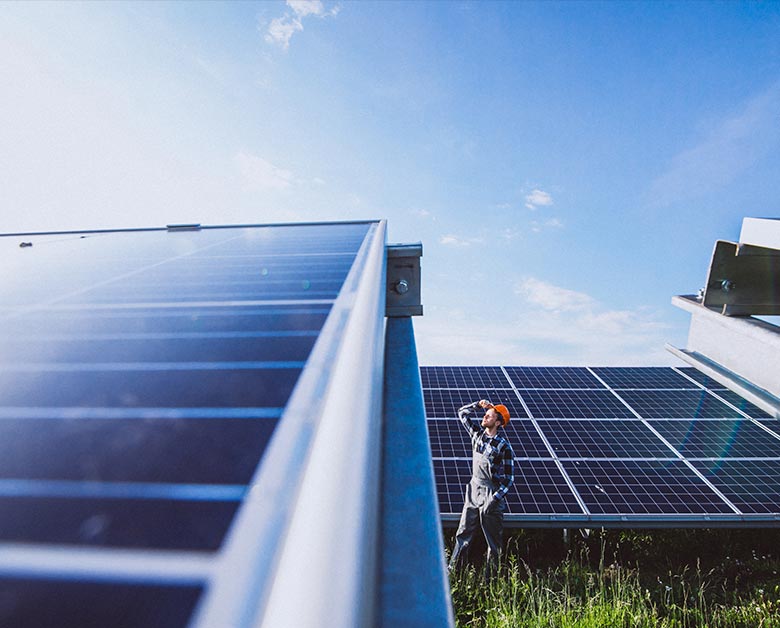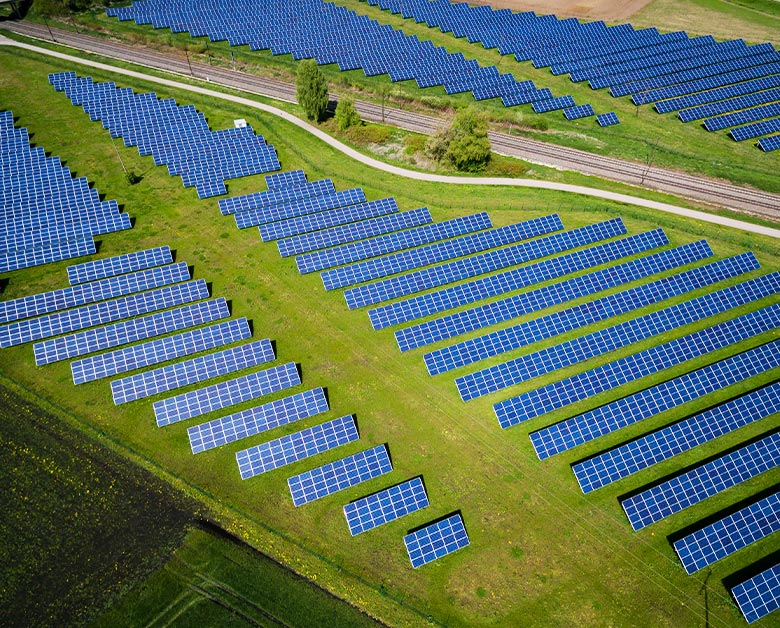INDUSTRIES
Automation and control panels play a vital role in the food and beverage industry, enhancing efficiency, ensuring quality, and maintaining compliance with regulatory standards. Here's how they are used:
INDUSTRIES
Food And Beverage
- Production Process Control: Automation systems regulate various stages of food and beverage production, including mixing, cooking, filling, and packaging. Control panels monitor and adjust parameters such as temperature, pressure, and flow rates to maintain consistency and quality throughout the manufacturing process.
- Recipe Management: Control panels store and manage recipes for different food and beverage products, allowing operators to quickly and accurately set up production runs. This ensures consistency in product quality and simplifies the process of introducing new recipes or making adjustments to existing ones.
- Quality Assurance: Automation systems incorporate sensors and monitoring devices to detect abnormalities in production processes, such as deviations in ingredient proportions or equipment malfunctions. Control panels provide real-time alerts to operators, enabling them to take corrective action promptly and prevent quality issues or product recalls.
- Packaging and Labeling: Control panels control packaging and labeling equipment, ensuring accurate filling, sealing, and labeling of products. They also track and trace products throughout the packaging process, facilitating compliance with food safety regulations and enabling effective recall management if necessary.
- Sanitation and Hygiene: Automation systems include features for sanitation and hygiene, such as automated cleaning cycles and disinfection processes. Control panels schedule and monitor these activities to ensure that equipment and production areas remain clean and sanitary, minimizing the risk of contamination and foodborne illnesses.
- Inventory and Supply Chain Management: Control panels interface with inventory management systems to track raw materials, ingredients, and finished products throughout the supply chain. They provide real-time visibility into inventory levels, enabling efficient production planning and ensuring timely replenishment of materials.
- Energy Efficiency: Automation systems optimize energy usage in food and beverage manufacturing facilities, reducing operational costs and environmental impact. Control panels monitor energy consumption and control equipment operation to minimize waste and maximize efficiency.




